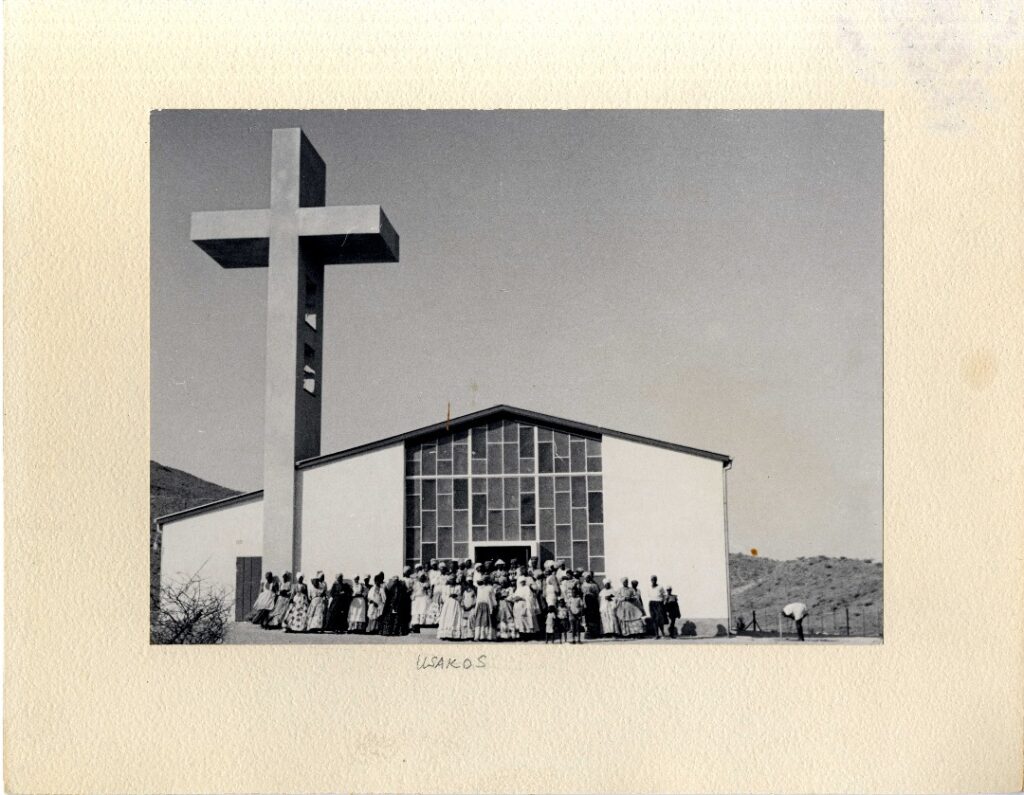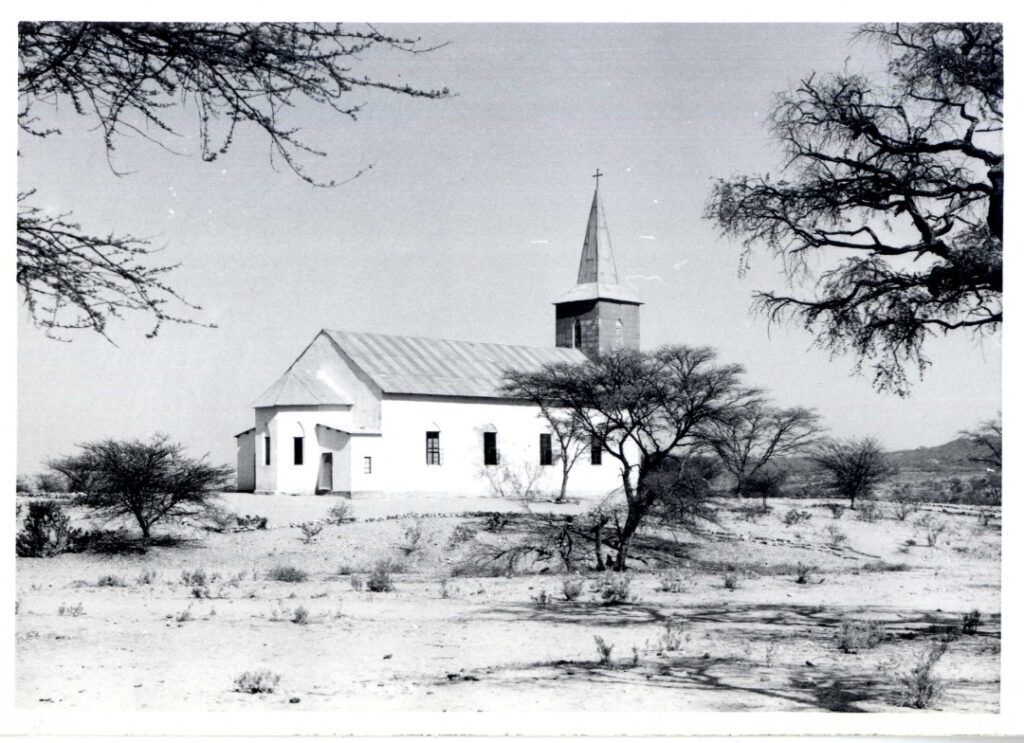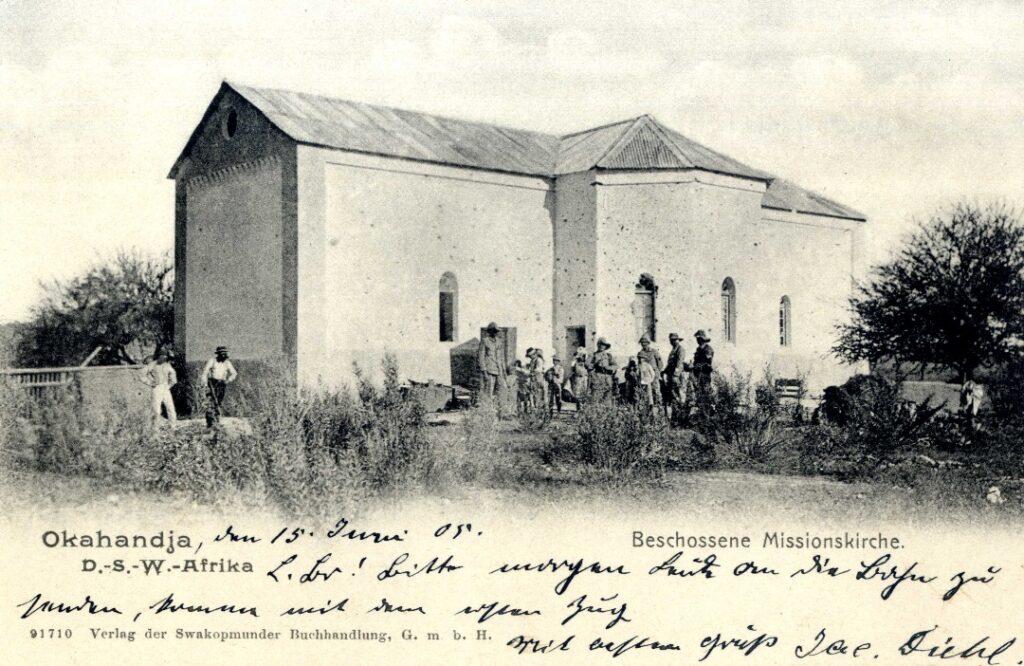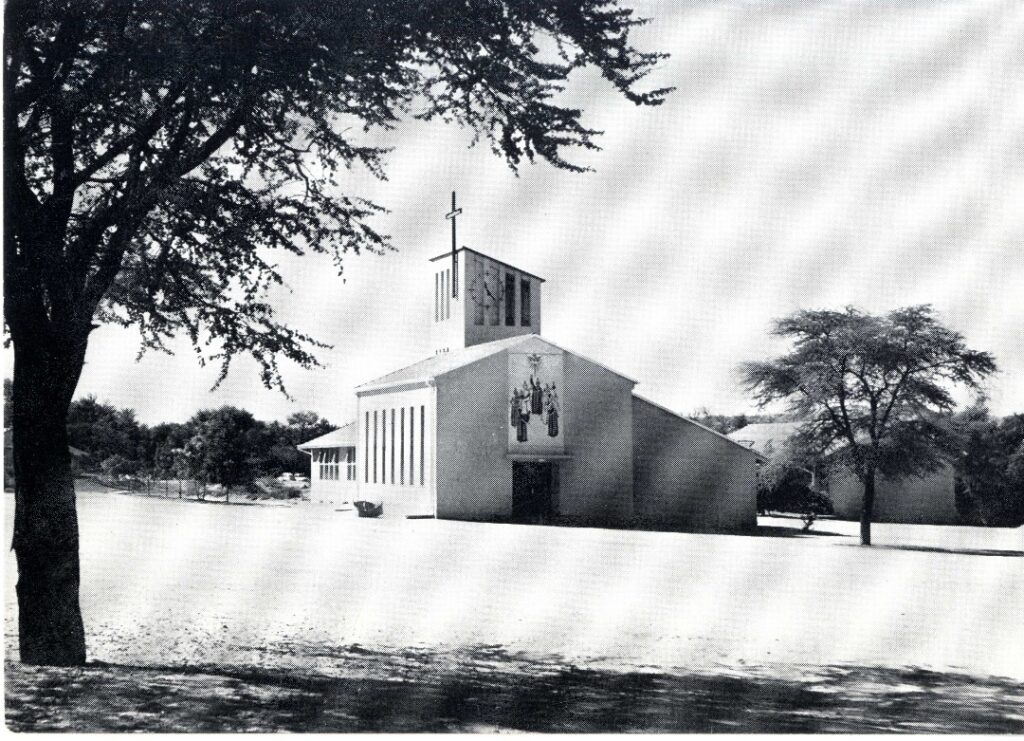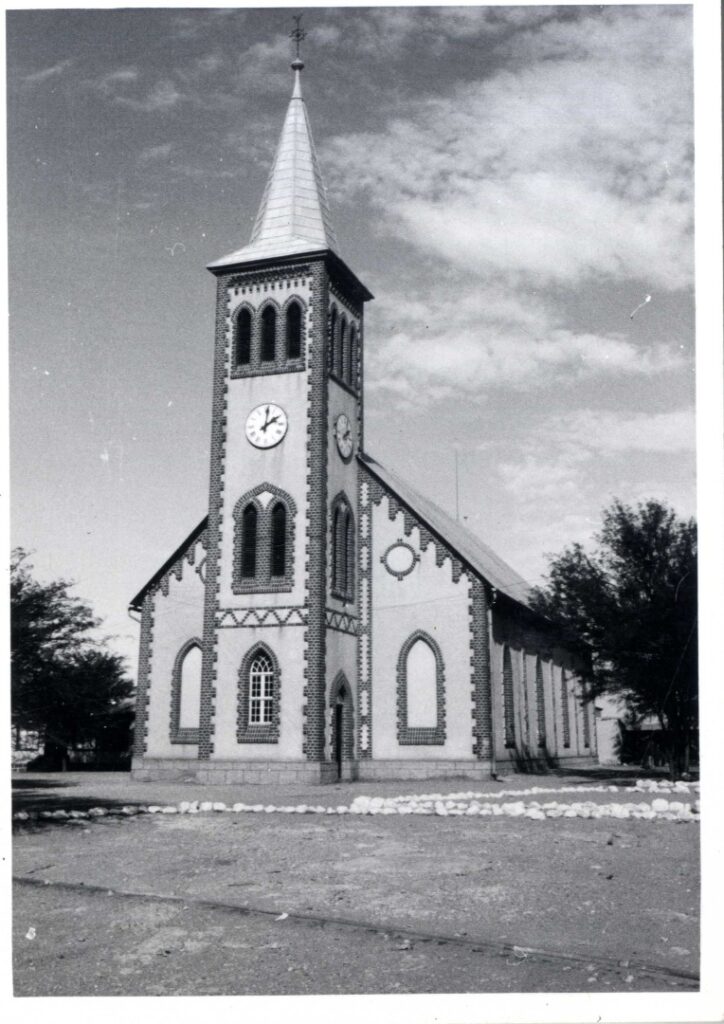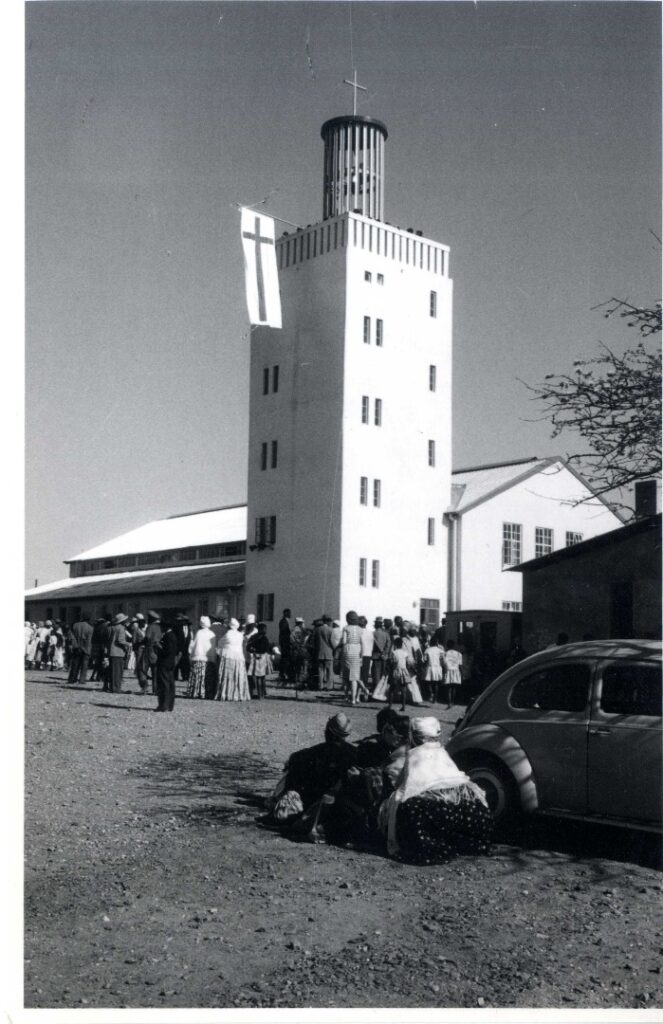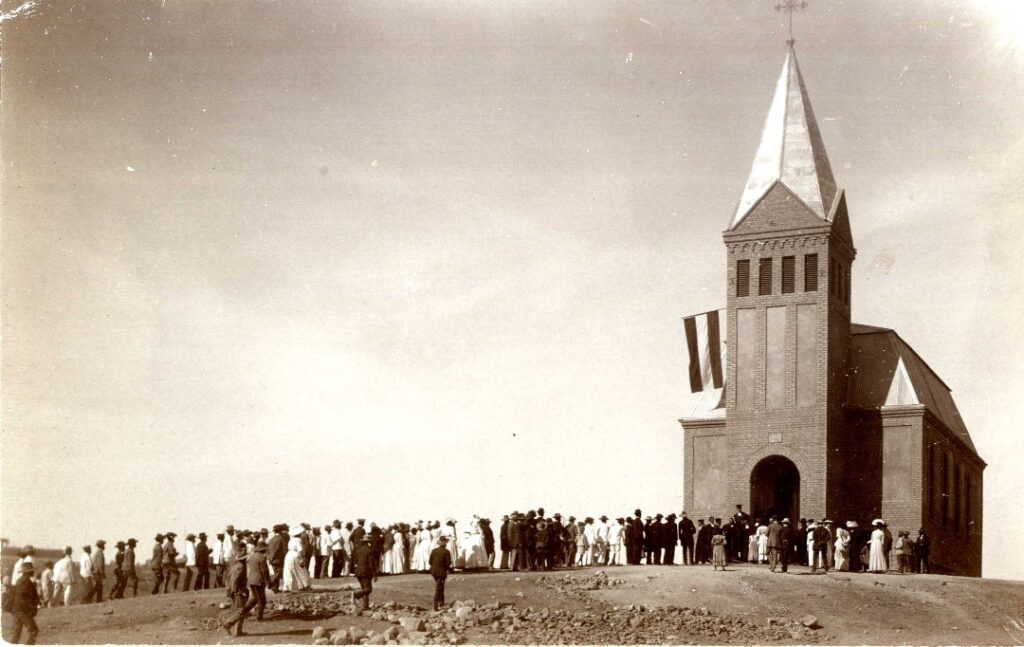Funded by the Volkswagen Foundation (funding line: “Pioneering projects: Explorations of the unknown unknown”) (duration: 2025-2028)
Namibia’s emerging political identity is characterized by an eventful history between foreign rule and free self-determination. The legacy of colonial history weighs heavily on the collective memory of Namibian identity and significantly delayed Namibia’s development into a free, self-determined and independent democratic state until 1990. Namibia’s political freedom can be described as the result of the intertwining of various societal, social, religious and cultural aspects, which, particularly in the second half of the 20th century, evoked diverse emancipation movements, which, especially with regard to political and ecclesiastical relations with Europe and South Africa, led to a literal struggle of the country for its political independence. The sustainable and institutional establishment of Protestant churches in Namibia is also part of the context of the German colonization of Namibia in the 19th century (German Southwest Africa), the shadows of which continue to impregnate social discourses in the country transgenerationally to this day. The role of the churches has always been of great importance in the course of Namibia’s political developments. Even in the post-colonial period, Namibia’s churches remained in close contact with the churches of their respective countries of origin. The influence of European churches, and over time mainly South African churches, on the course of Namibia’s history is demonstrably high. The role that the entanglement of politics, church and theology played in the processes and dynamics of the Namibian liberation struggle and its prehistory (1957-1990) and how the political liberation struggle in particular was prepared and shaped theologically and ecclesiastically and semantically permeated is what the research project aims to work out using previously unknown source material and with the help of interviews with contemporary witnesses that have not yet been conducted. In doing so, methods of entangled history and oral history are used to specifically broaden the specialist discourse on church history from a global historical perspective. The targeted dissection of these entanglement structures also holds the potential to understand and describe the history of the emancipation of suppressed freedom interests and the role of religion, church and theology in such developments in a more fundamental way with regard to network analyses. In addition, such findings allow a deeper insight into the system-breaking power of Black Liberation Theology in southern Africa.
Contact: Prof. Stefan Michels
